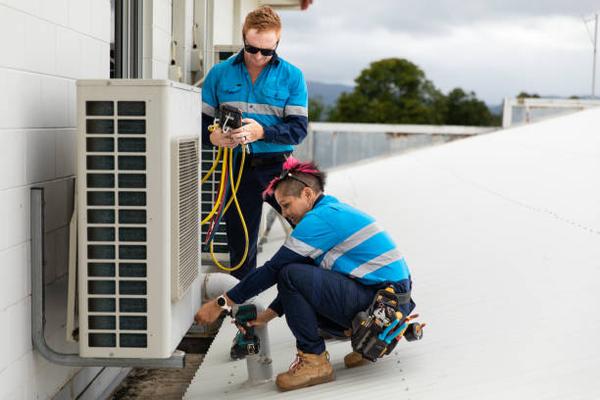When it comes to getting a new roof installed on your home, one of the most important factors to consider is the warranty that comes with it. A roof is a significant investment, and you want to make sure that you are protected in case anything goes wrong. There are several different types of warranties available, so it’s essential to compare them carefully with your contractor before making a decision.
The first type of warranty to consider is the manufacturer’s warranty. This type of warranty covers any defects in the materials used to make the roof. It typically lasts for a certain number of years, depending on the brand and quality of the materials. Manufacturer warranties can range from 10 years to lifetime coverage. It’s crucial to understand what is covered under this warranty and what isn’t, as some may only cover specific issues like leaks or shingle damage.
Another important warranty to consider is the workmanship warranty provided by your roofing contractor. This type of warranty covers any issues that arise due to errors or mistakes made during the installation process. Workmanship warranties typically last for a shorter period than manufacturer warranties, usually around 1-5 years. It’s essential to choose a contractor who offers a solid workmanship warranty so that you are protected in case anything goes wrong after your new roof is installed.
Some contractors also offer extended warranties that combine both manufacturer and workmanship coverage into one comprehensive package. These extended warranties can provide additional peace of mind knowing that you are fully covered for any potential issues with your new roof.
When comparing roof warranty options with your contractor, be sure to ask about any exclusions or limitations that may apply. Some warranties may not cover damage caused by severe weather events like hurricanes or tornadoes, while others may require regular maintenance checks to remain valid.
It’s also essential to read through all warranty documentation carefully and ask questions if anything is unclear. Understanding the terms and conditions of your roof warranty will help ensure that you know exactly what is covered and how long you are protected.
In conclusion, comparing roof warranty options with your contractor is an essential step in ensuring that you are fully protected in case anything goes wrong with your new roof. By understanding the different types of warranties available and asking questions about coverage and limitations, you can make an informed decision that will give you peace of mind for years to come.
Village Roofs
2205 Oak Ridge Rd Ste K #210, Oak Ridge, NC 27310
336-753-3253



